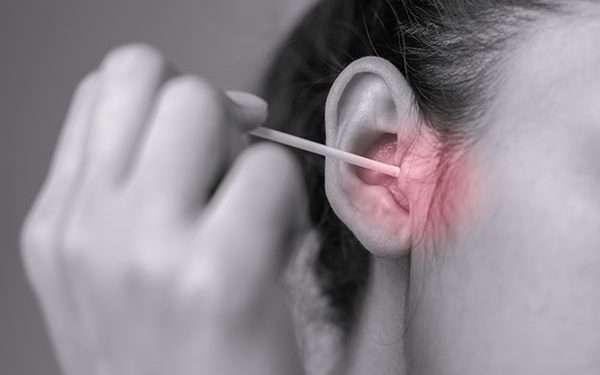Ear hygiene is an integral element of general self-care and should be practised daily. Yet, it is risky to use a cotton swab.
It can be very challenging to break the habits we’ve developed through time, especially if we formed those habits at a young age. In addition to brushing our teeth, our parents also instilled in us the habit of giving our ears a thorough cleaning every day. Yet, modern research reveals that ear infections can be caused by using cotton swabs for an extended period of time; here’s how to properly clean your ear.
The environmental impact of using cotton swabs every day is one reason why this practice should be discouraged. They have a much greater environmental impact if flushed down the toilet, as many people do, but a much smaller one if placed in the appropriate recycling bin. The ones that can’t be broken down naturally should go in the dry waste, while the newer, biodegradable ones can go in the wet. Yet in actuality, these cotton wipes pose a threat to your hearing as well.
All otolaryngologists now advise against using cotton swabs, so please remove them from your bathroom immediately. In fact, the risk of injuring the eardrum and, by extension, hearing, during the ear cleaning routine is very high, particularly in children and teenagers, say doctors. Cotton towels are recommended for the outer ear, while other materials should be used on the inner ear.
In reality, the inner ear cleans itself by having eyelashes in the ear canal push out cerumen and dead skin. To maintain flawless hearing and clean ears, it is sufficient to clean the exterior auricle. If you want to teach your kids how to handle cotton swabs safely, you should never leave them alone because accidents involving their use are more common than you may imagine.
The use of metal rods and cotton is another technique that otolaryngologists strongly discourage. Environmentally friendly alternatives to cotton swabs, such as these synthetic ones or the bamboo ones that seem to constantly come from the East, pose serious risks to one’s hearing. In a nutshell, when cleaning the outside of your ears, use a soft, slightly wet towel and let nature take care of the inside.









